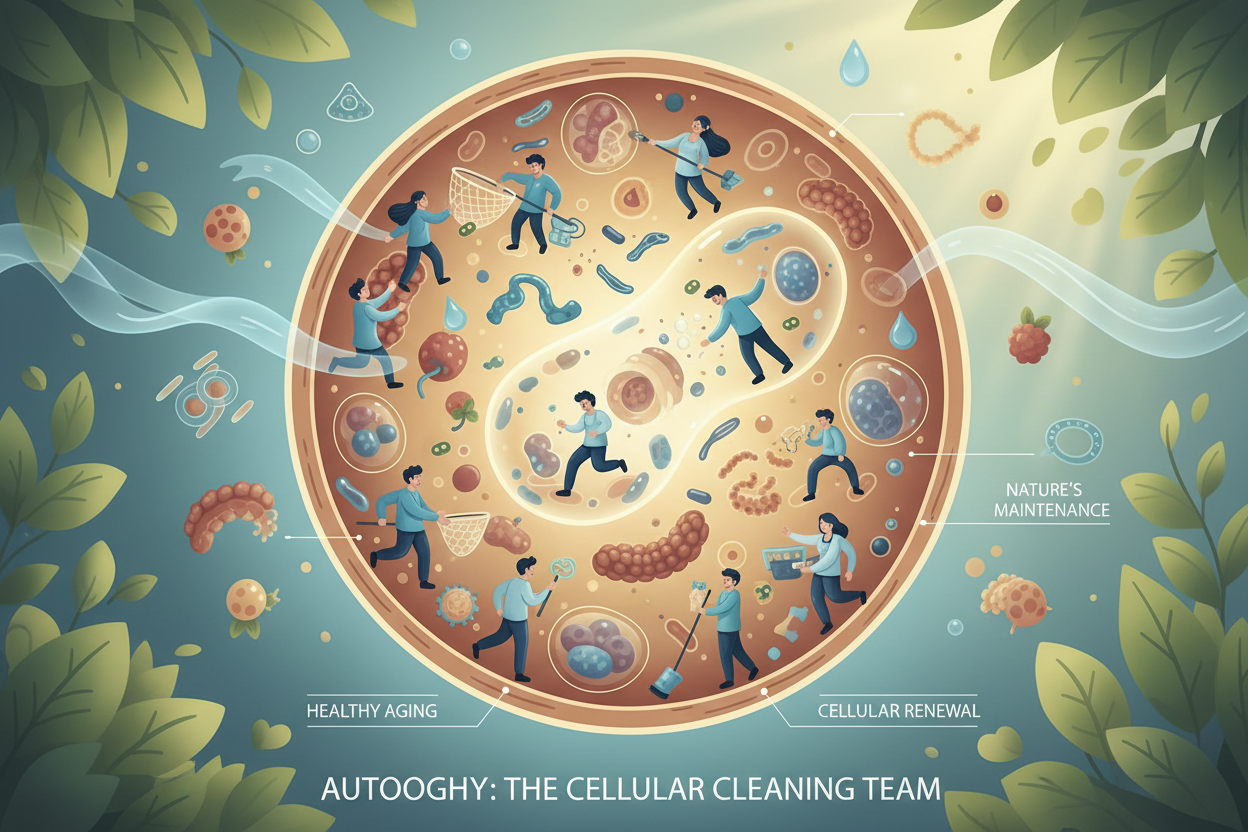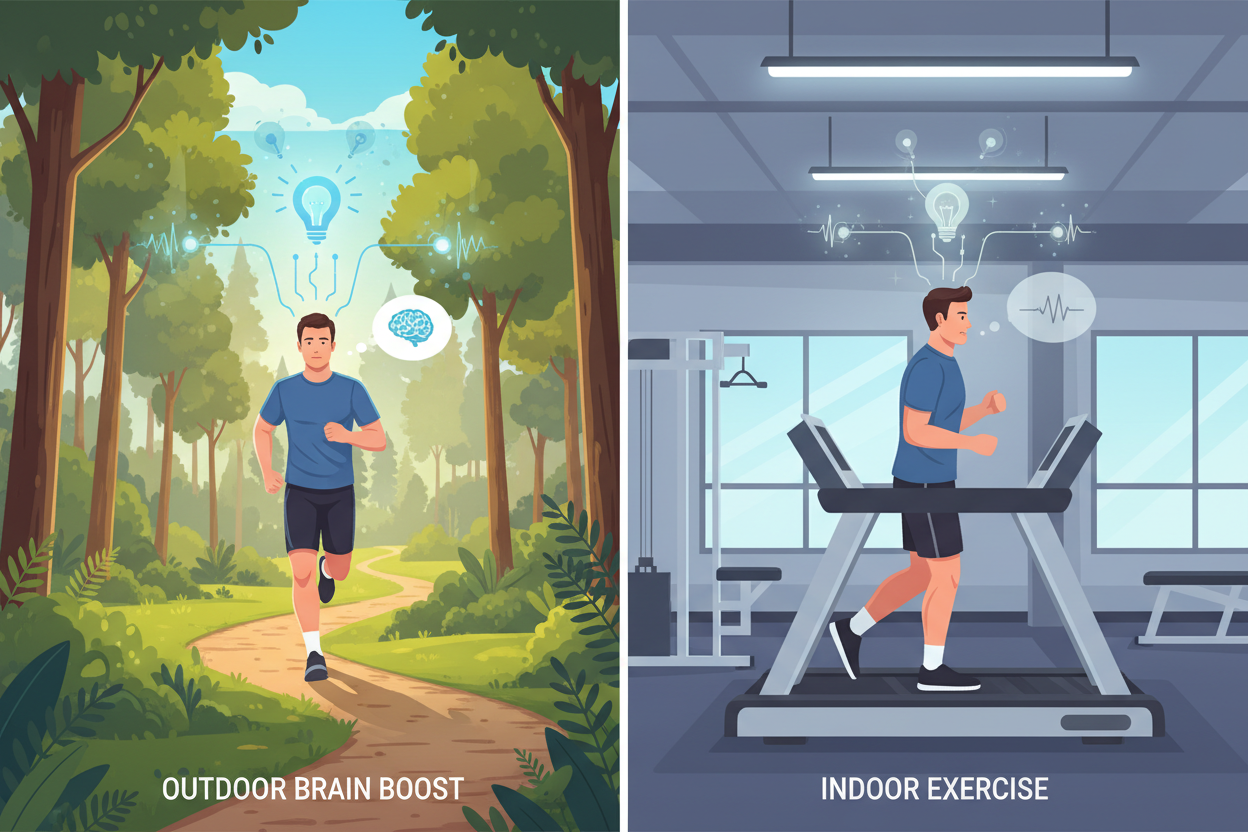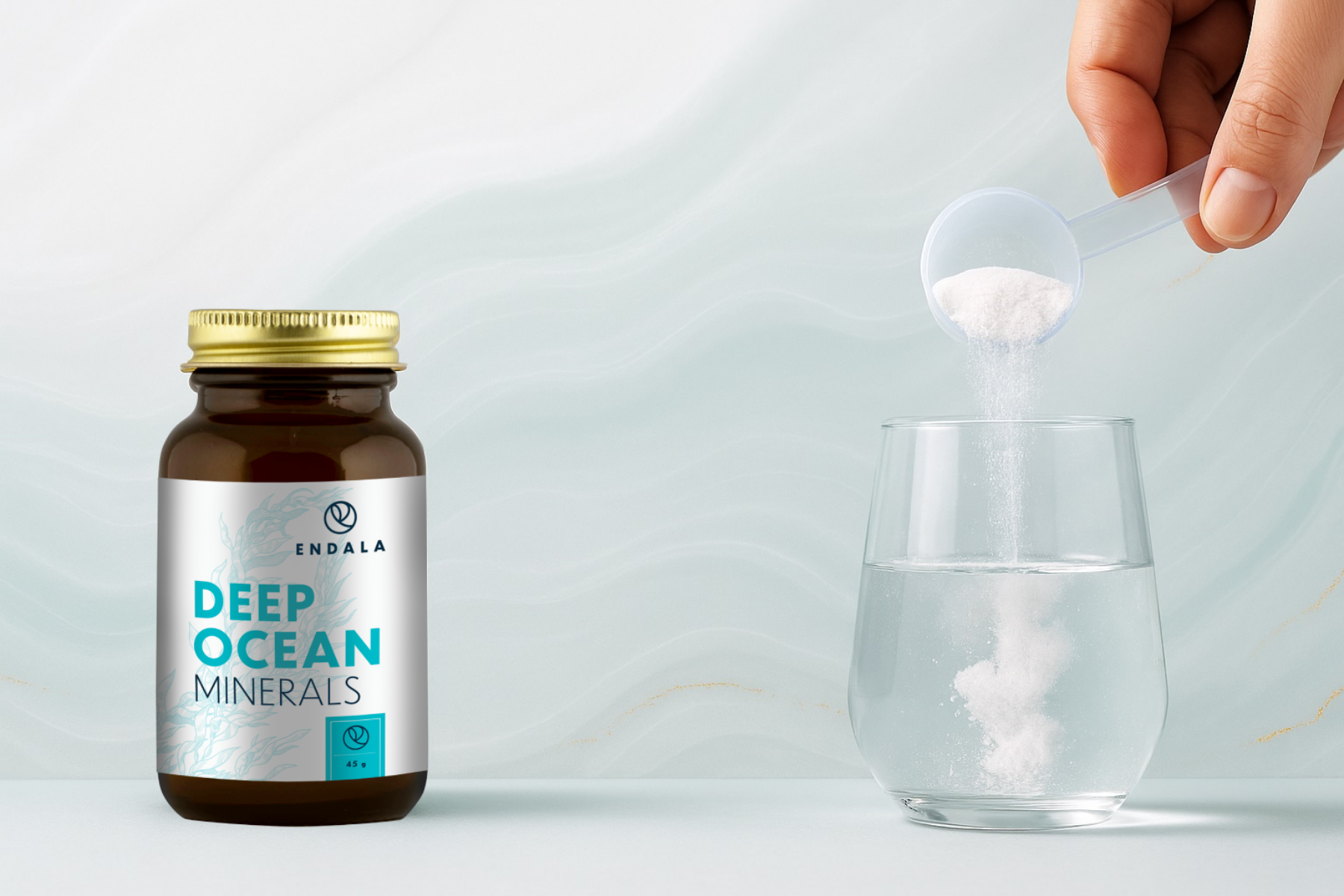In our previous articles, we explored melanin as a natural skin protector and detox helper, revealing the fascinating paradox that UV radiation (in moderation) activates our internal defense mechanisms.
Today, we will focus on another key aspect of the sun that is often overlooked in common discussions about its dangers: its profound impact on our psyche and mental health, especially in the fight against depression.
Do you experience a drop in mood during the gloomy months? Do you feel better and more energetic on sunny days? Science confirms that it's no coincidence!
When the Sun Influences Brain Chemistry: The Hormonal Symphony of POMC
Our body is an incredibly interconnected system, and what happens on the surface of the skin under the influence of the sun has far-reaching effects on our brain and overall mental well-being. As we have already mentioned, UV radiation triggers the complex protein proopiomelanocortin (POMC). From POMC, a whole range of hormones and neuropeptides are cleaved that directly affect our mood: Beta-endorphins: Natural "feel-good" hormones. When exposed to UV radiation, beta-endorphins are synthesized in the skin. These substances are our natural opiates. They can reduce pain and induce feelings of euphoria, happiness, and well-being. It's no wonder that after pleasant sun exposure, we often feel so relaxed and content – it's literally a "sun intoxication" that our body creates on its own.
Serotonin: The hormone of happiness and well-being.
Sunlight, especially the blue and ultraviolet spectrum, plays a key role in increasing serotonin levels in the brain. Serotonin is a neurotransmitter essential for regulating mood, sleep, appetite, and the overall feeling of calm and well-being. Low serotonin levels are strongly associated with depressive states, including seasonal affective disorder (SAD), a type of depression that occurs with the onset of autumn and winter. The sun (through the skin, but primarily through the eyes) acts as a natural serotonin "booster."
Dopamine: Motivation and reward.
Although dopamine is not produced directly from POMC, exposure to sunlight indirectly influences its production and release. Dopamine is a key neurotransmitter in the brain's reward system, responsible for feelings of pleasure, motivation, and alertness. Adequate dopamine levels help us feel more energetic, focused, and increase our zest for life. Together with serotonin, they contribute to an overall better mood and reduce the risk of depressive episodes.
Vitamin D and Mental Health: Let's not forget about vitamin D, whose primary source is UV radiation. Vitamin D is not only important for bones; it also plays a crucial role in the brain, where it influences neurotransmitter synthesis and neuroplasticity. A deficiency in vitamin D is associated with an increased risk of depression and other neurological disorders.
Morning Sun: The Key to Synchronization and Mental Well-being
In addition to directly affecting hormones, sunlight plays a crucial role in regulating our circadian rhythm – the internal "biological clock" that controls sleep-wake cycles.
Morning sunlight is absolutely crucial. The bright, full spectrum of morning light hitting our eyes (without sunglasses, if possible and safe!) signals to the body that it is daytime. This exposure suppresses the production of the sleep hormone melatonin, stimulates the release of cortisol (the alertness hormone), and synchronizes our internal clocks with the outside world. A properly set circadian rhythm is the foundation for quality sleep, stable mood, optimal energy, and overall mental resilience. A disrupted circadian rhythm is a common factor contributing to depression, anxiety, and sleep disorders.
The Dangers of Modern Lifestyle: Indoor Living and Artificial Light
Paradoxically, while our bodies are designed to live in harmony with the solar cycle, modern lifestyles increasingly confine us indoors, expose us to artificial lighting with unsuitable spectra, and separate us from natural daylight.
Lack of natural light: We spend the vast majority of our time indoors, where the lighting intensity, even in the brightest interiors, is many times lower than outside. As a result, our bodies do not receive sufficient signals for the proper functioning of the hormonal system and circadian rhythm.
Artificial light with an inappropriate spectrum: Especially evening exposure to blue light from screens and LED lighting suppresses melatonin production and disrupts the sleep cycle, which has a direct negative impact on our mood and overall health.
Sunscreens and Sunglasses: As we discussed, while they have their place in protecting against sunburn, excessive and uncritical use can paradoxically prevent the body from activating its own protective mechanisms and disrupt the absorption of key light wavelengths.
Conclusion: Embrace the sun as an ally for your mind
The sun, in reasonable amounts, is a powerful ally for our mental health. It acts as a natural antidepressant by increasing levels of beta-endorphins, serotonin, and dopamine.
Optimizes vitamin D production. Primarily, it synchronizes our circadian rhythm and improves sleep, which is fundamental for mental well-being.
In the fight against depression and to maintain a good mood, incorporating controlled sun exposure into your daily routine is just as important as a balanced diet and regular exercise.
Expose yourself to the morning sun without glasses for a few minutes, go outside during the day whenever possible, and limit exposure to artificial blue light in the evening hours.
Of course, if depressive symptoms persist, it is always essential to consult a doctor, but let's remember that our body has amazing self-healing abilities, and the sun is one of its most powerful tools for both physical and mental health.





Leave a comment
This site is protected by hCaptcha and the hCaptcha Privacy Policy and Terms of Service apply.